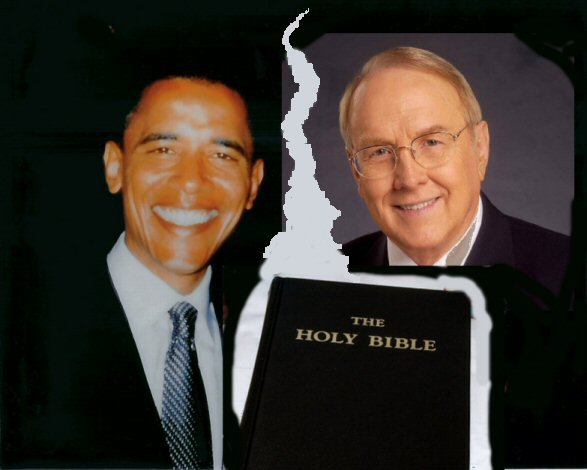Here’s something some churches really need to hear: there is no male and female in God’s Kingdom; men and women are equal in status, gifting and functioning in the church.
I grew up in churches that demanded that women submit to men, were not able to lead and could not teach men. As a young adult, I felt so strongly about this that I even left a church that changed their view on the issue, allowing men and women to minister as equals. My view has long since changed (that’s another story for another day, but was based on a detailed study of Scripture and personal experience with some of the most gifted and obviously called people I ever met – who happened to be women).
I don’t see this issue is a core theology, and, although I comment on it every now and again on this blog, it is not one that exercises me much. There are many superb thinkers, writers and teachers who are leading the cause of egalitarianism (the view that men and women are equals; as opposed to complementarianism, which argues that men should be in charge, and women should be their “help meets”) around the world, and I am happy to leave it to them. The very few verses in the Bible that deal with different roles of men and women are easily understood and explained in the light of the cultural context of the day, and the literary contexts in which they are found in the Bible itself.
But yesterday, I picked up a video from the Gospel Coalition, with a conversation between three of their top people, Tim Keller, John Piper and Don Carlson. It horrified me. All three are amazing men, great writers and teachers, but in recent days have made some strange statements about the issue of women. Piper in particular. Last year, he stated that the problem with culture and Christianity is that we have lost our understanding that Christianity is at essence a masculine religion.
In this video, the most disturbing thing is that all three men raise the issue of complementarianism to the level of a litmus test for orthodoxy, for ones willingness to take the Bible seriously, and for having a “loose approach to Scripture”. Sadly, this is the age-old conservative, evangelical approach that uses the Bible as a blood-stained baseball bat to beat opponents with, while blindly ignoring accepted hermeneutical principles, and also raising themselves to the level of infallible arbiters of truth.
Scarily, for example in the video, Carson specifically states that doing the work to understand the first century cultural context behind the books of the New Testament is an incorrect way of reading the Bible. I could not believe I had just heard that from such an influential Bible teacher, so I had to rewind and watch it again. But, indeed that’s what he said.
And worse, although they start by saying that in the Gospel Coalition they do not see complementarianism as a core doctrine, the closing comments were: “Let them compromise, we cannot!” They make the headship of men in the leadership of the church a matter of Dogma and not a doctrine or opinion that can have different positions held.
Piper has lost all credibility in my books over the past year, and in this video continued to do so. His views of masculinity are so distorted I really can’t believe what I am hearing. He provides the theological fuel to all the Wild at Heart men trying to find princesses to rescue, and the Mark Driscoll marriages turning women into Stepford wives from the 1950s, that are so dangerous to Christianity at the moment.
But you decide for yourself: watch the video and read the excellent response from Krish Kandiah here.
This scared me.





